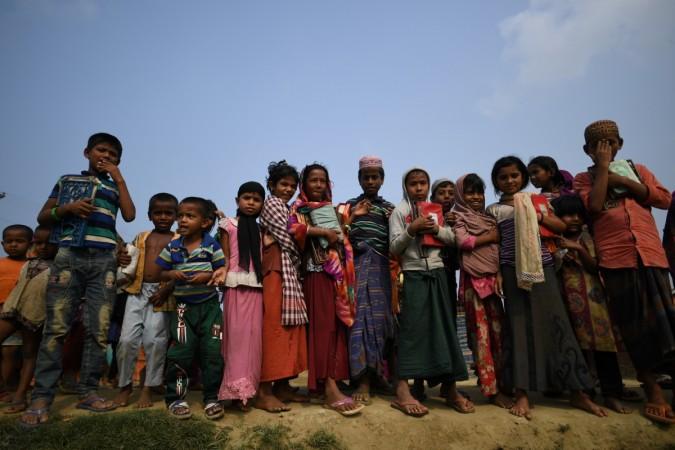
Myanmar has rejected the United Nation's findings in the Rohingya Genocide Report. The UN report released on Monday had called for the Myanmar military leaders including the commander in chief, Senior General Min Aung Hlaing to face genocide charges over the genocidal campaign against the Muslim minority in the country.
The Myanmar government rejected the claims and Zaw Htay, a spokesperson for the government told BBC that they had zero tolerance towards human rights violations.
"We didn't allow the FFM [the UN Fact-Finding Mission] to enter into Myanmar, that's why we don't agree and accept any resolutions made by the Human Rights Council".
China has also backed Myanmar and has said that unnecessary pressure from the UN will not help the situation in Myanmar.
According to Al Jazeera, this is the first time that the UN has explicitly cited the incident as genocide and called for action against the Myanmar military officials who were behind the crimes.
Marzuki Darusman, chairperson of the Independent International Fact-finding Mission said that the UN had come to the conclusion after gathering evidence and conducting more than 875 interviews.
An aid from Reporters without Borders said that at least 100,000 people have been killed since the beginning of the campaign in 2017.
However, the UN feels that since reporters and UN officials have not been allowed to enter the affected areas, the real numbers are unknown.
More than 700,000 have left Myanmar since August 2017. they have settled down in Bangladesh's Cox Bazaar and some have tried to cross the India Bangladesh border to enter India but the Indian army has been deployed to keep a check on the border crossings.
Zaw Htay told BBC, "We didn't allow the FFM [the UN Fact-Finding Mission] to enter into Myanmar, that's why we don't agree and accept any resolutions made by the Human Rights Council."
Aung San Suu Kyi, the State Counsellor of Myanmar, has been criticised by many international committees for her silence regarding the matter. The Nobel Laureate had many of her accolades revoked during the massacres and many asked to revoke her Nobel Peace Prize too. However, the Nobel Foundation replied that there was no provision to revoke the prize.








